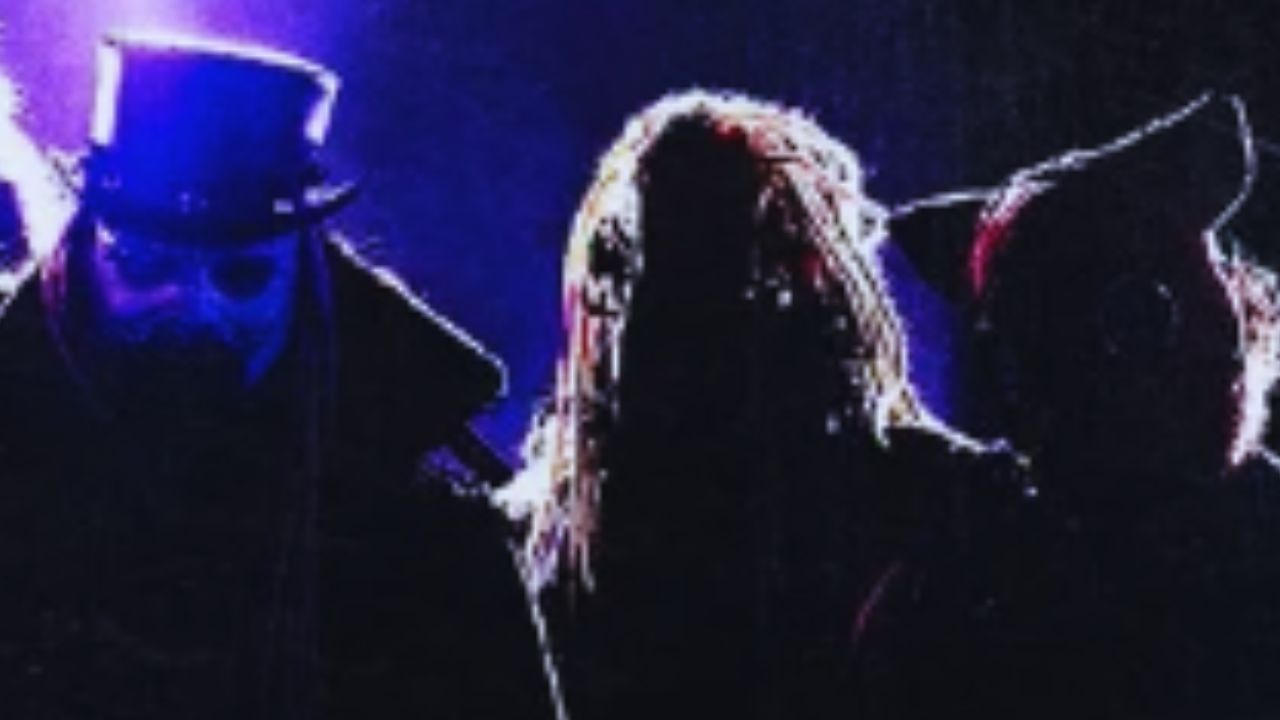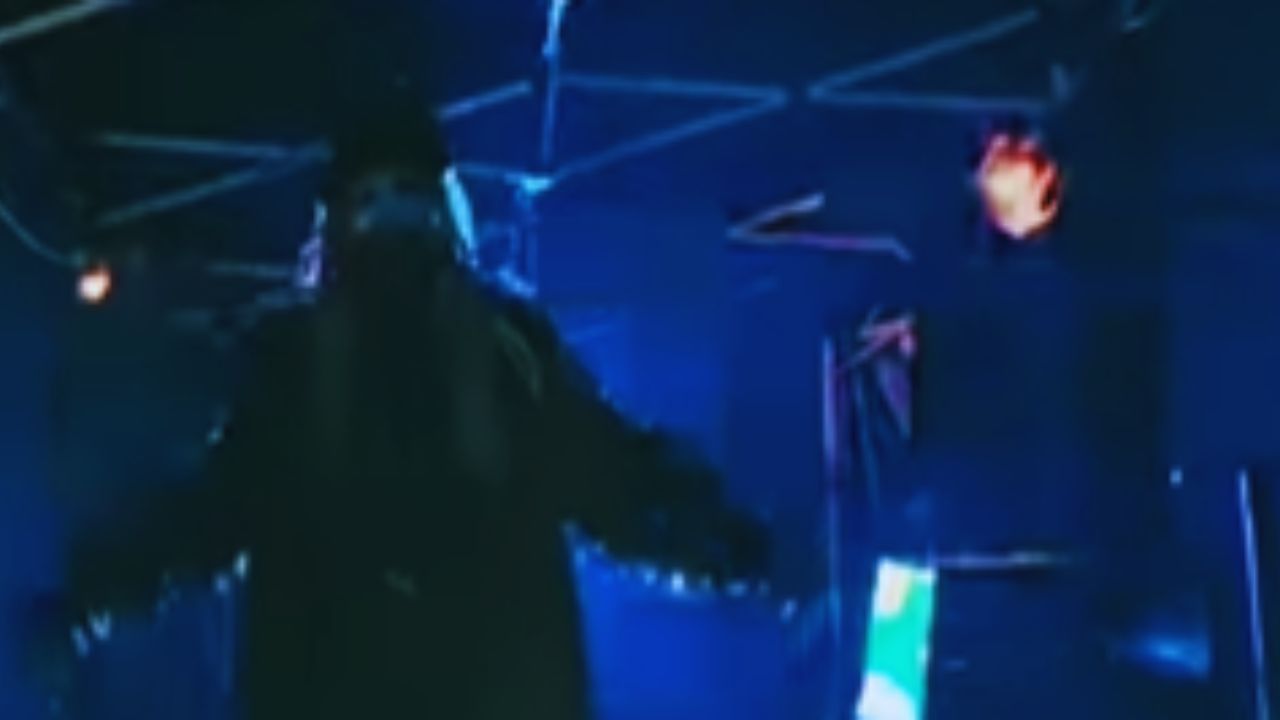Following months of anticipation and numerous teasers, the enigmatic group Wyatt 6 finally made their highly anticipated comeback to WWE on the June 17th episode of Raw. The mysterious group, under the guidance of the secretive Uncle Howdy, immediately drew in the crowd with their somber, dramatic arrival and powerful presence in the ring. This dramatic debut was hailed by fans and critics alike, marking a significant moment in WWE programming.
A Post-Debut Pit Stop at What-A-Burger
Following their electrifying return, the Wyatt 6 members decided to grab a late-night meal at What-A-Burger. Sans their wrestling gear and masks, they were soon recognized by a fan who requested a photo. The group willingly agreed, yet this harmless exchange ignited a passionate argument among the wrestling community. Critics have accused the faction of violating kayfabe, a wrestling term that refers to the preservation of their characters’ illusion beyond the ring.
View this post on Instagram
Mark Henry’s Criticism and Dutch Mantel’s Defense
Wrestling veteran Mark Henry was among the vocal critics. He believed the Wyatt 6’s decision to drop their personas in public undermined the mystique they had just built. On his podcast, Henry expressed disappointment, stating that such actions could dilute the characters’ impact.
Conversely, another legend, Dutch Mantel, offered a different viewpoint. Defending the Wyatt 6, Mantel argued that the era of strict kayfabe is over. “Those bastards. Give them a gimmick and they’re trying to kill it right off the bat. No, I don’t think they should keep it. The kayfabe era is gone. They’re selling out now, and everybody knows what’s going on. They’re interested. It’s a show,” said Mantel. He emphasized that wrestling, at its core, is a form of entertainment and that the lines between character and performer are more blurred than ever.
Uncle Howdy’s Voice Under Scrutiny
The controversies didn’t end with the viral photo. The Wyatt 6’s debut also attracted attention due to Uncle Howdy’s voice during their first promo. The eerie and menacing tone set the stage, but some fans and critics, including Bully Ray, found the ‘humanity’ in Uncle Howdy’s voice jarring. Bully Ray mentioned on his podcast that the voice took away from the character’s mystique, leaving some viewers unsettled in an unintended way.
Despite the initial backlash, WWE adapted quickly. Subsequent promos, delivered via pre-recorded VHS-style segments, masked Uncle Howdy’s voice more effectively, preserving the character’s dark allure. However, how WWE handles live promos for Uncle Howdy remains a topic of interest and speculation.
The Future of Kayfabe in WWE
The Wyatt 6’s experience highlights a broader question about the relevance of kayfabe in modern wrestling. While purists like Henry argue for maintaining character consistency, others like Mantel suggest a more relaxed approach, acknowledging the evolved audience’s understanding of wrestling as scripted entertainment.

The Importance of Balancing Character and Reality
The debate underscores the challenge of balancing character integrity with personal authenticity. For wrestlers with personas vastly different from their real selves, maintaining kayfabe 24/7 can be exhausting and impractical. Mantel’s defense points to a need for flexibility, allowing performers to step out of character when off the clock without facing backlash.
Navigating Modern Wrestling’s Complex Landscape
As the Wyatt 6 navigates their roles in WWE, they stand at the crossroads of tradition and modernity. Their journey reflects the evolving nature of professional wrestling, where character and performer coexist in a dynamic and sometimes contentious space. The faction’s ability to adapt to feedback and maintain its mystique while engaging authentically with fans will be crucial to its success. For now, the wrestling world watches closely, eager to see how this enigmatic group continues to evolve both inside and outside the ring.




